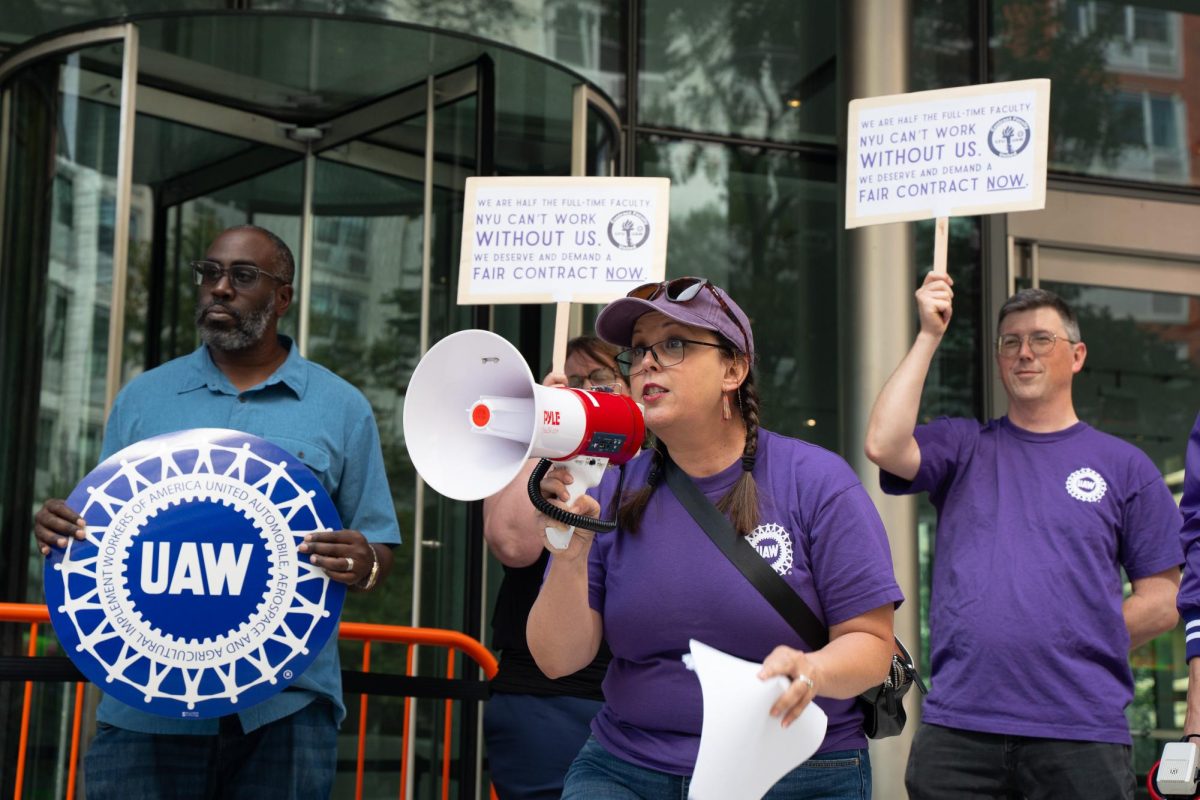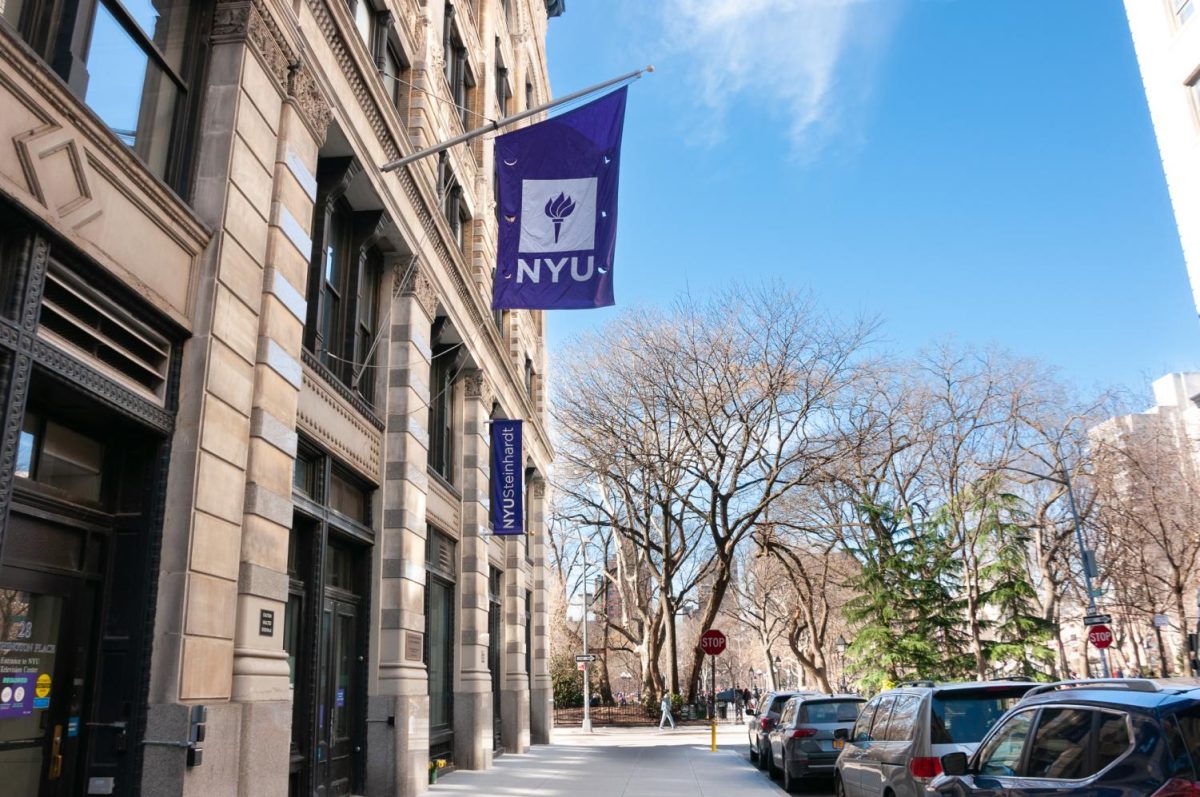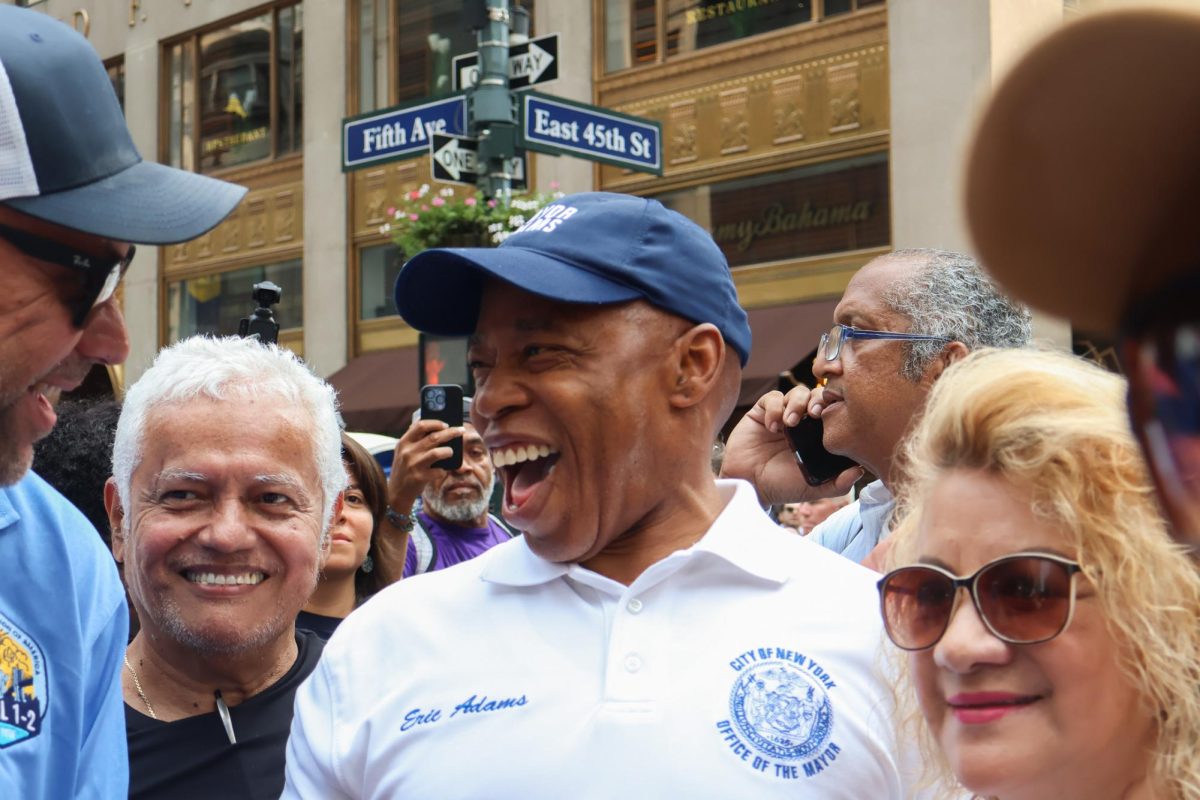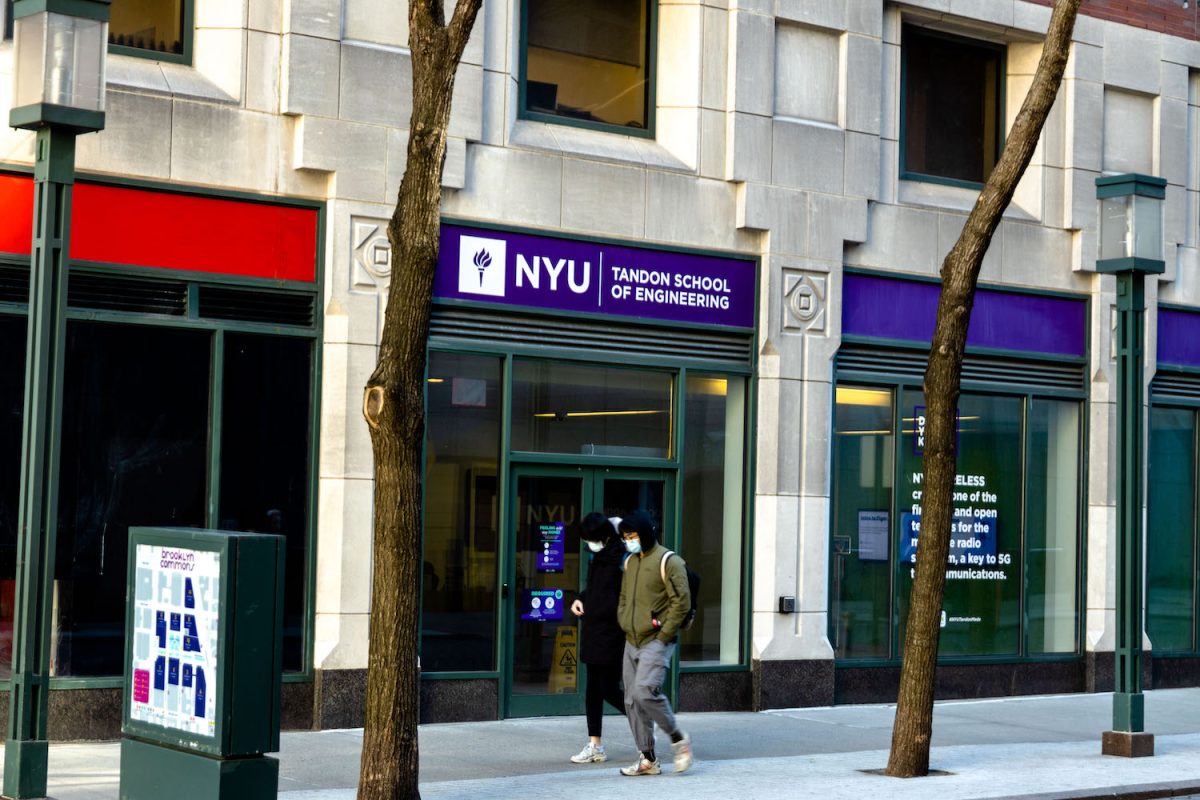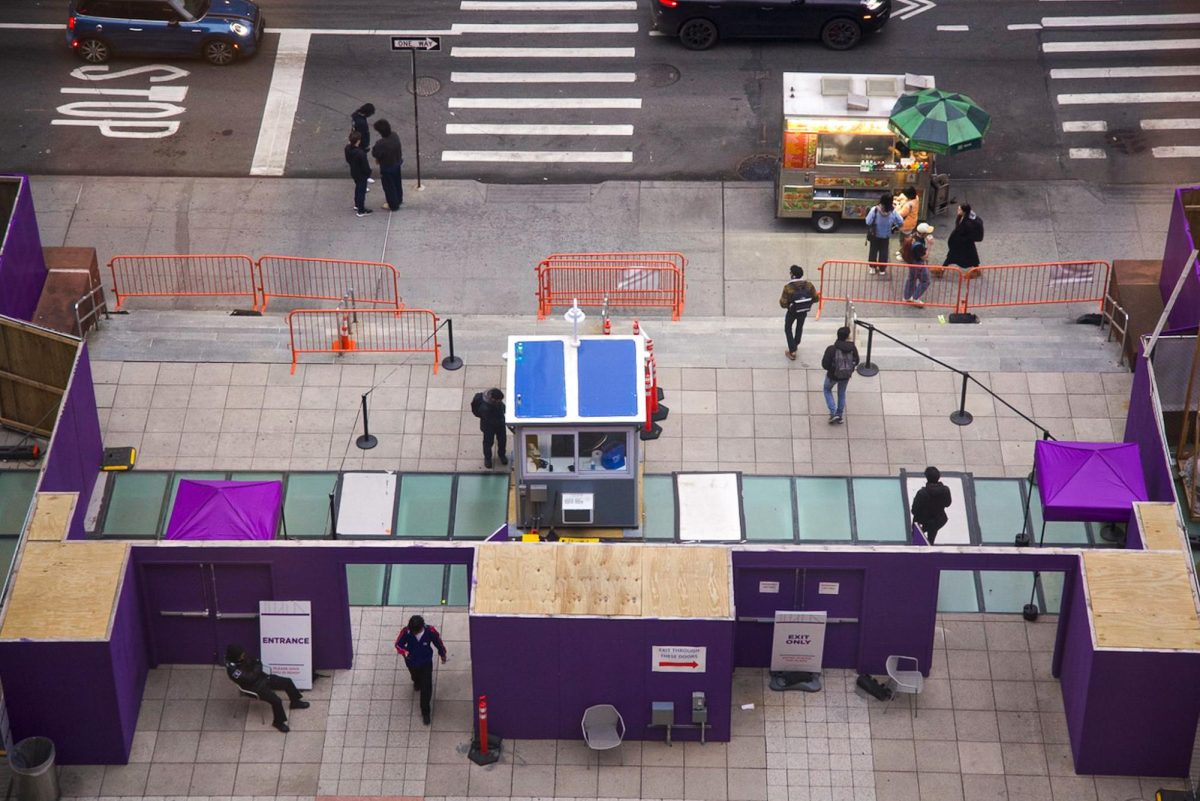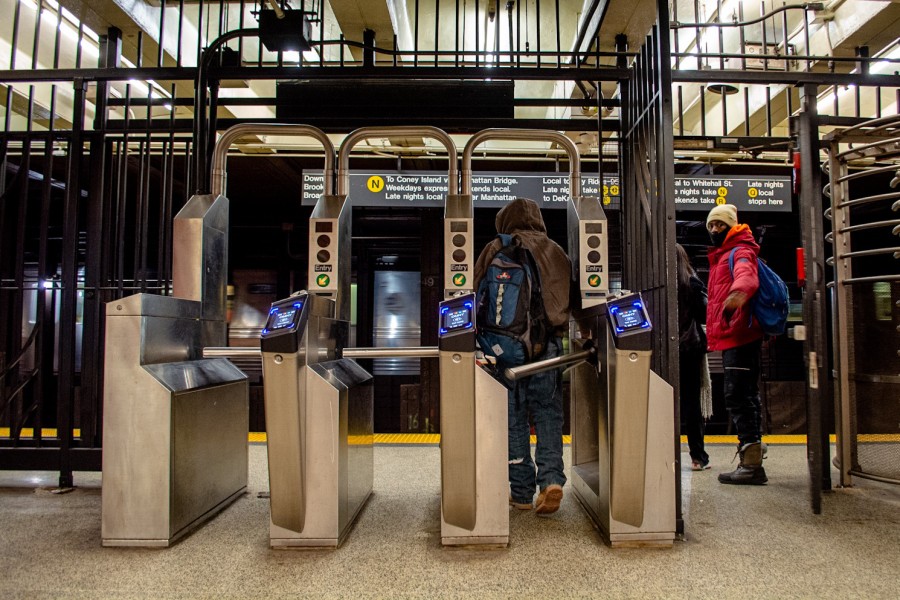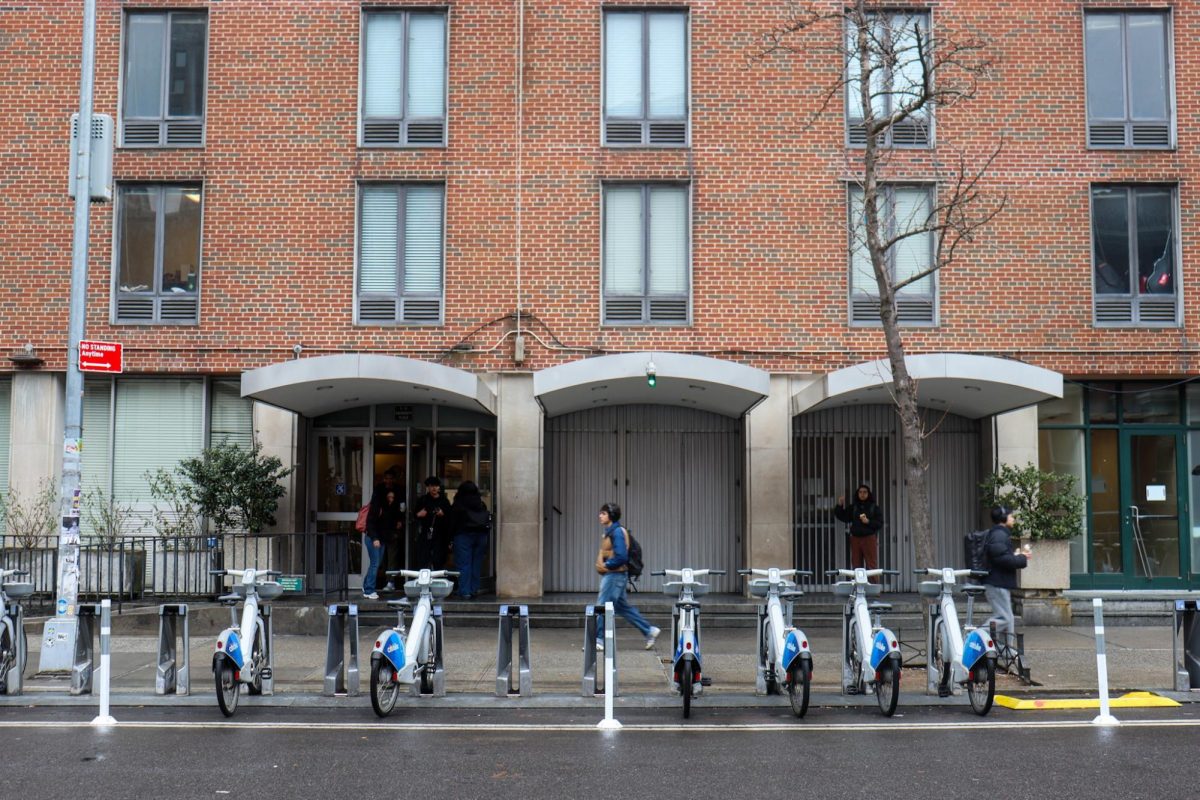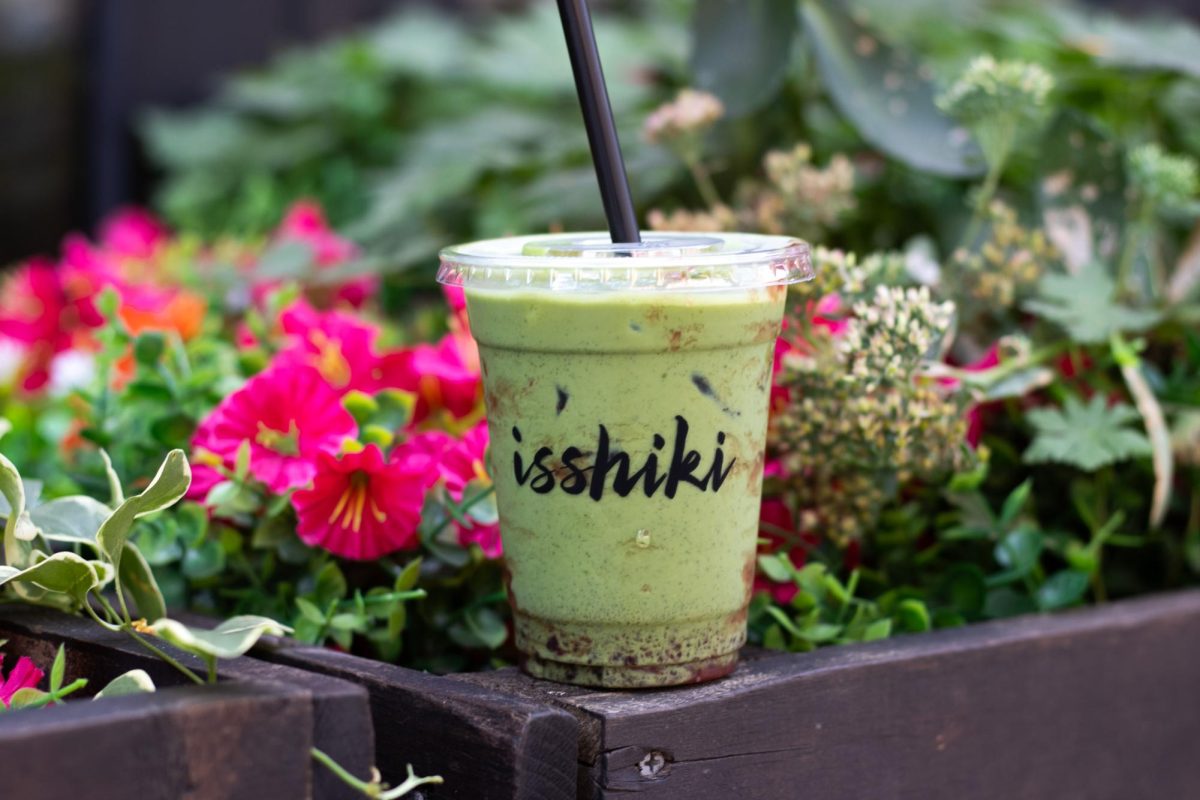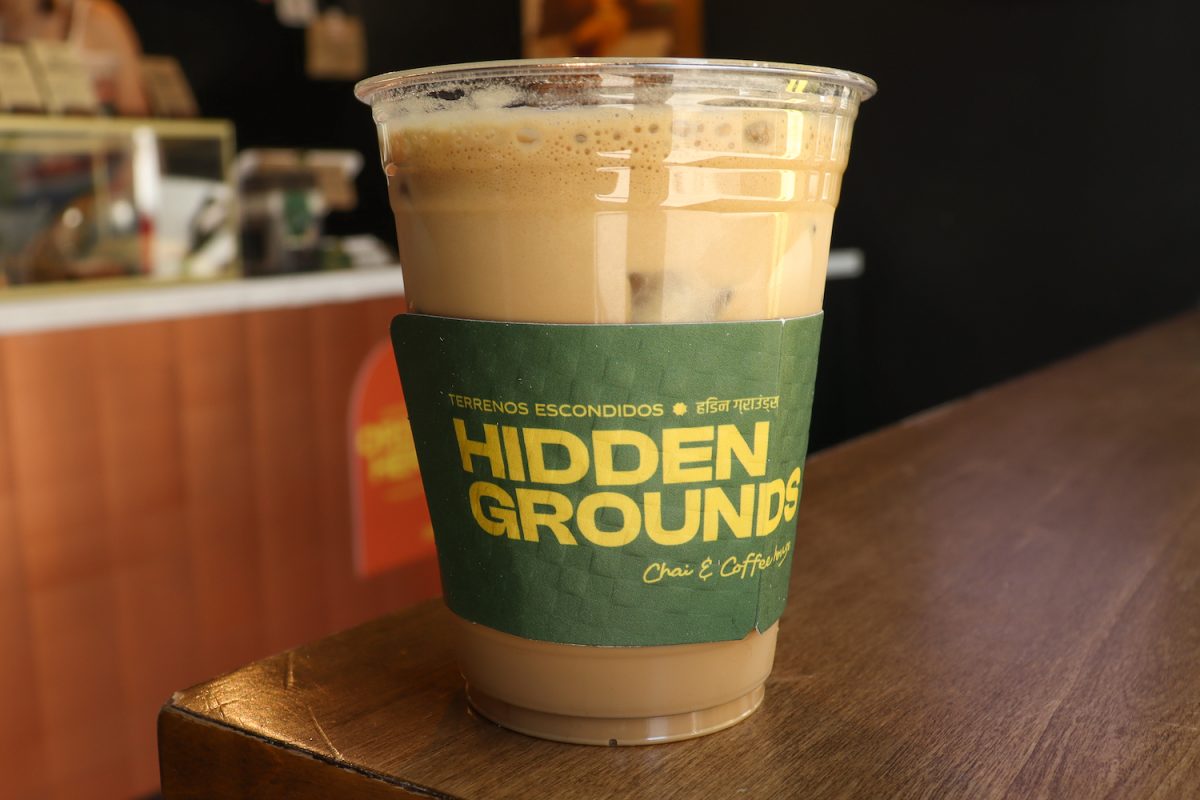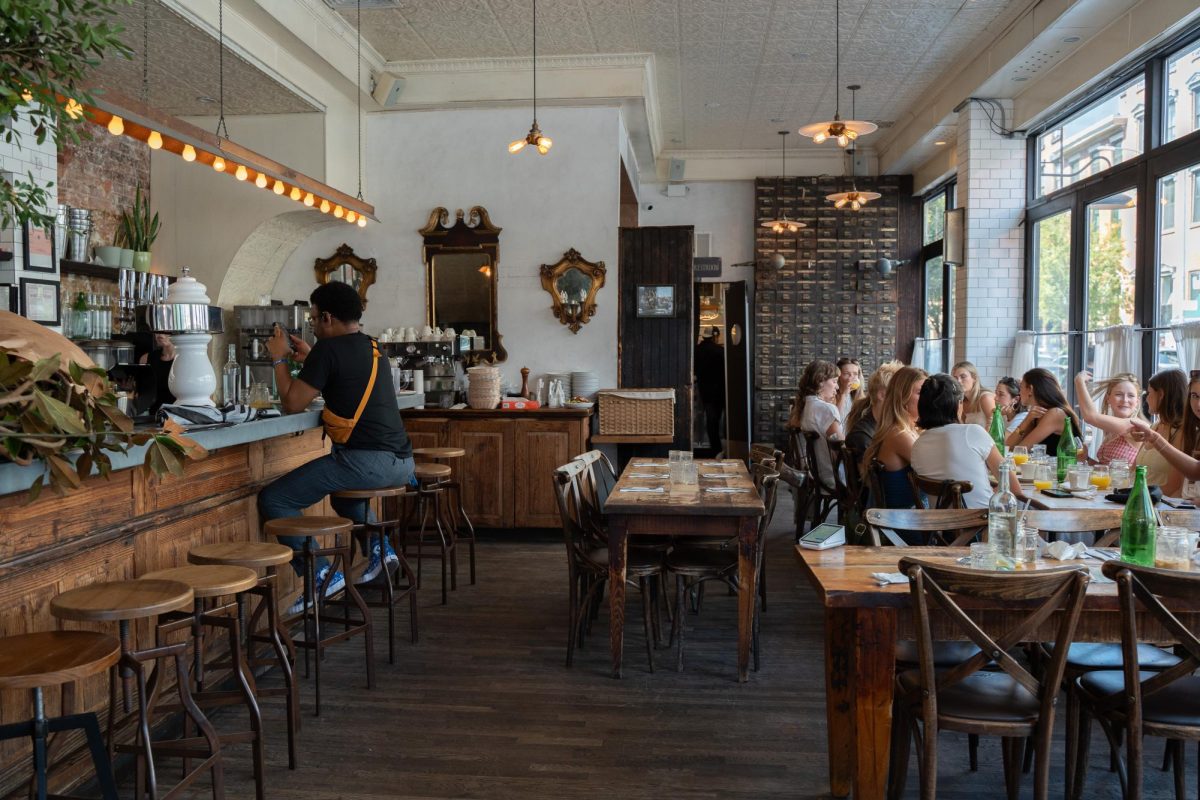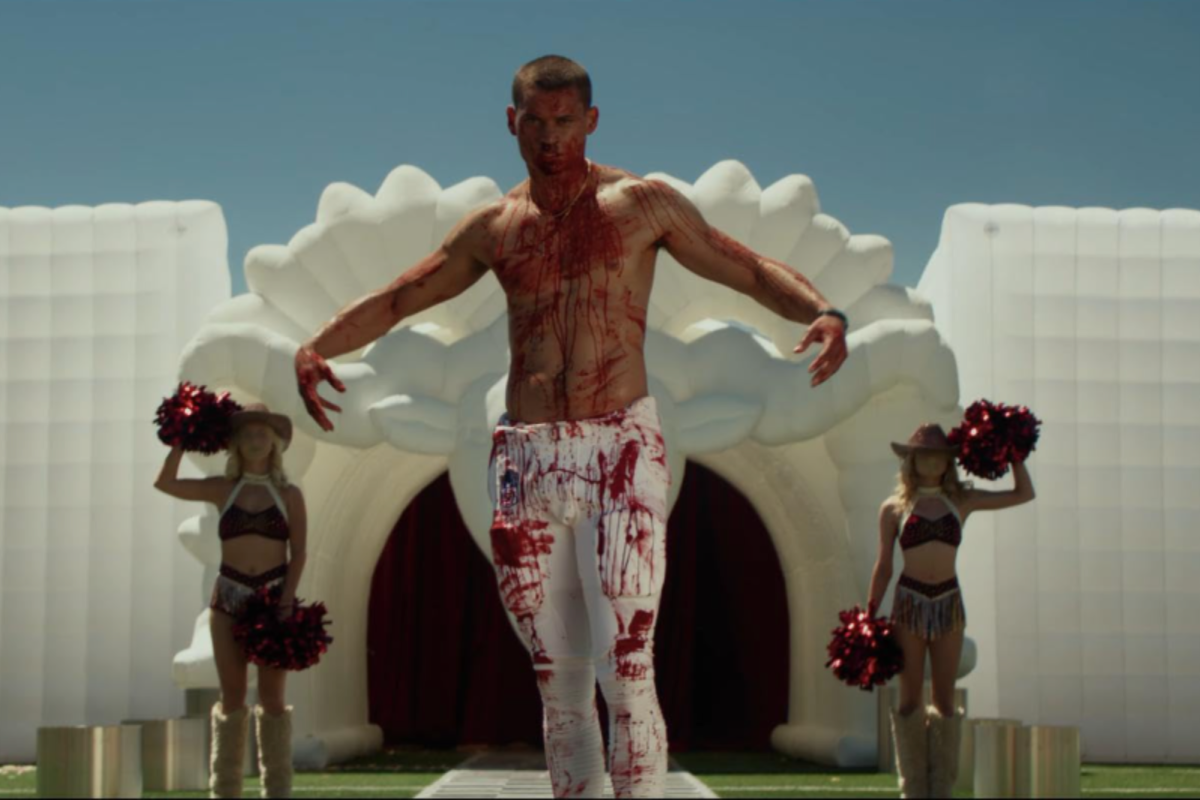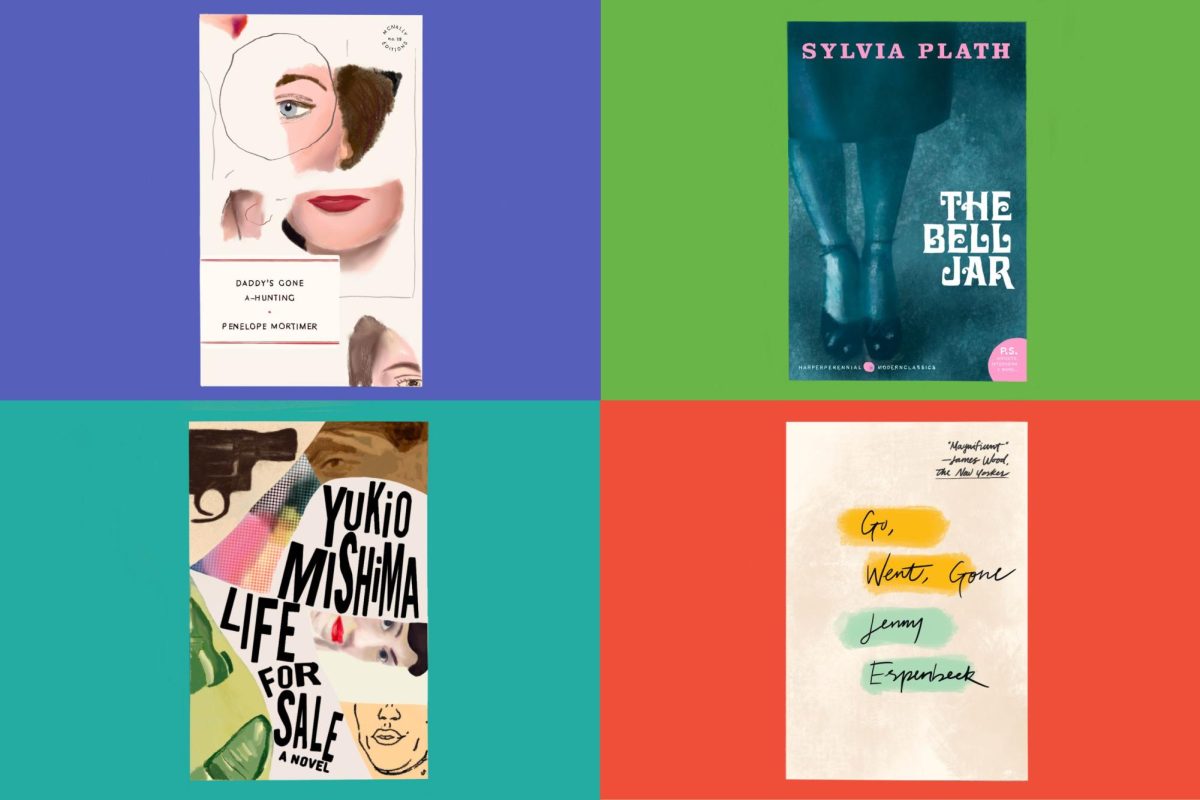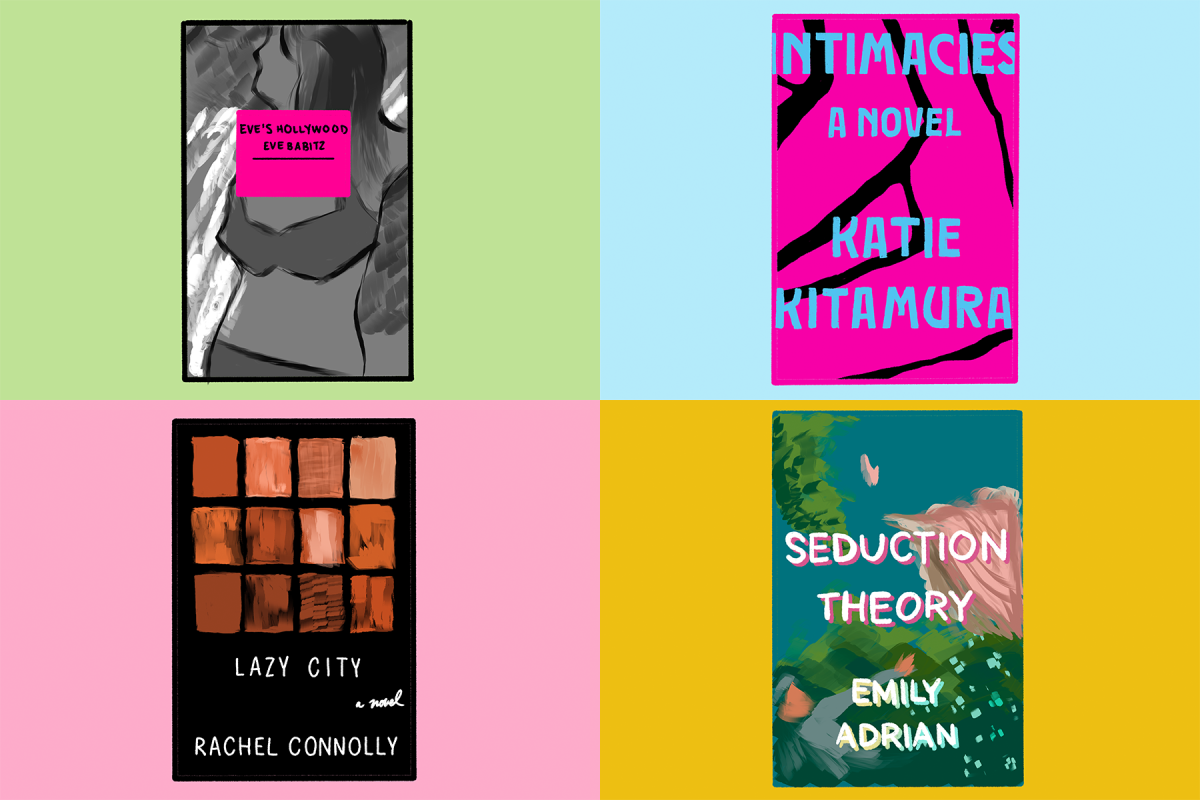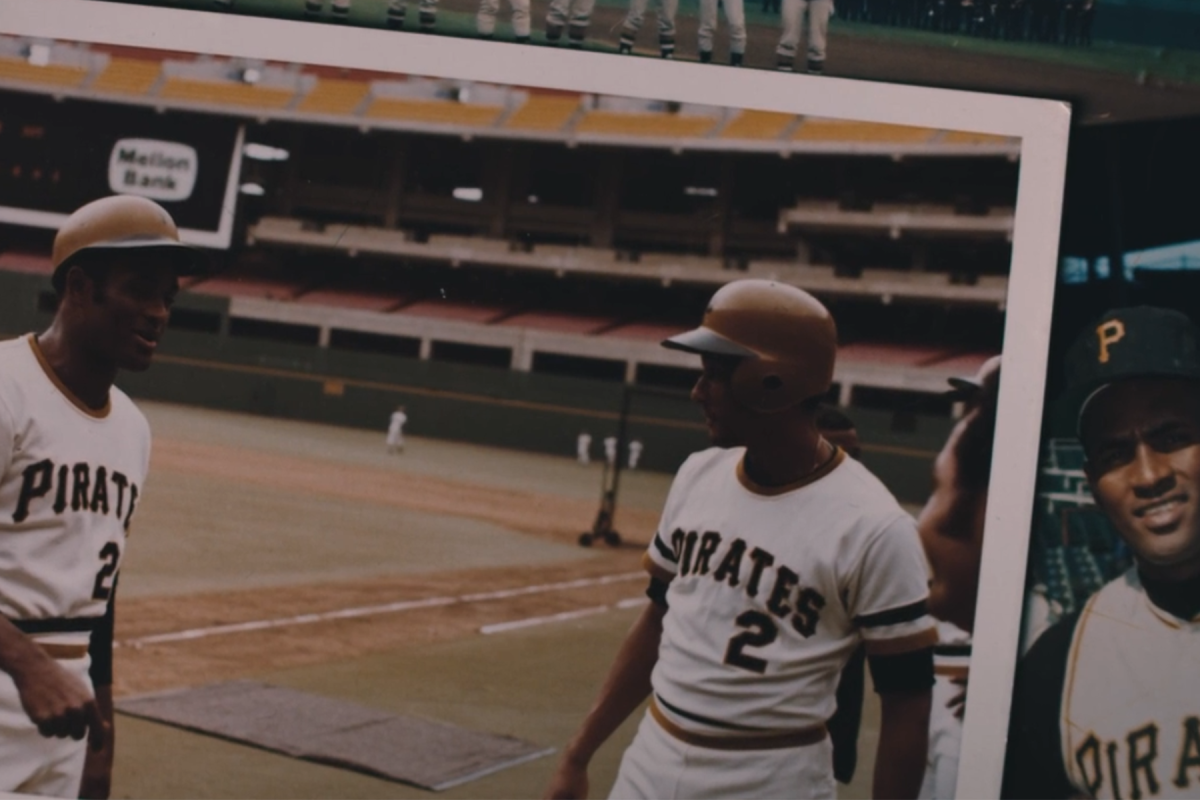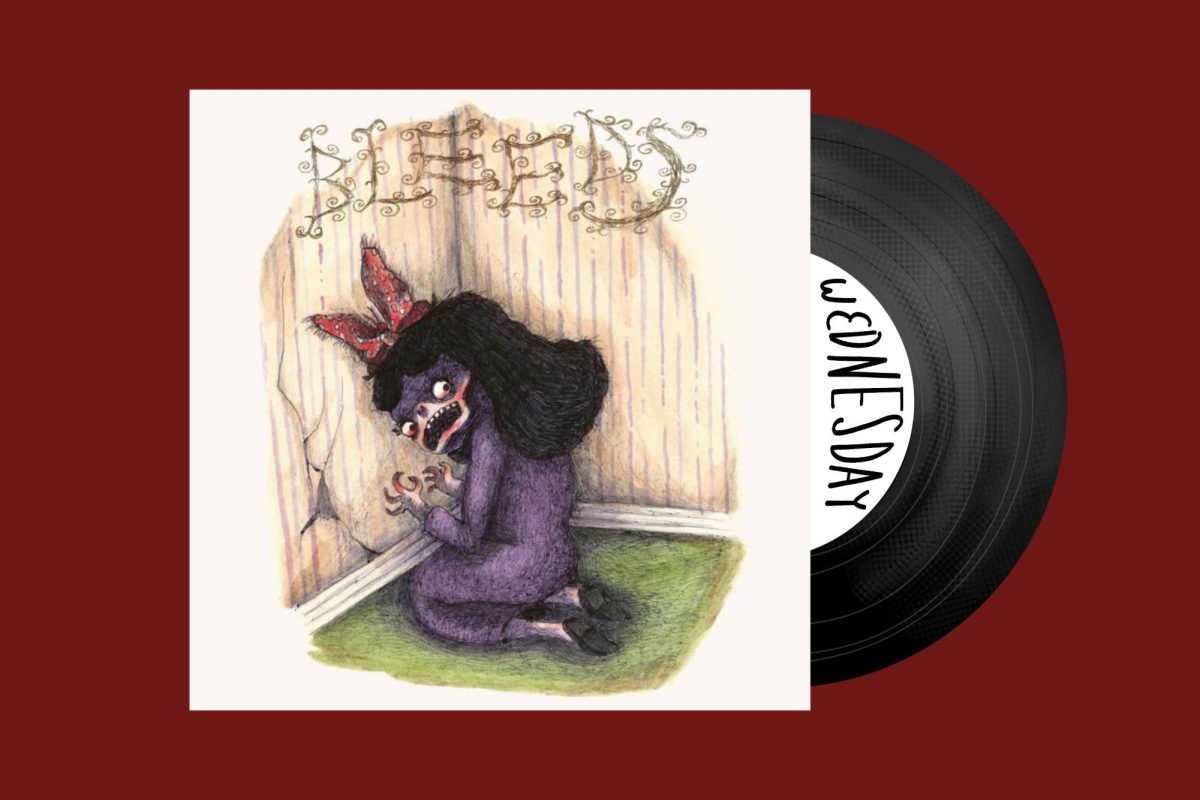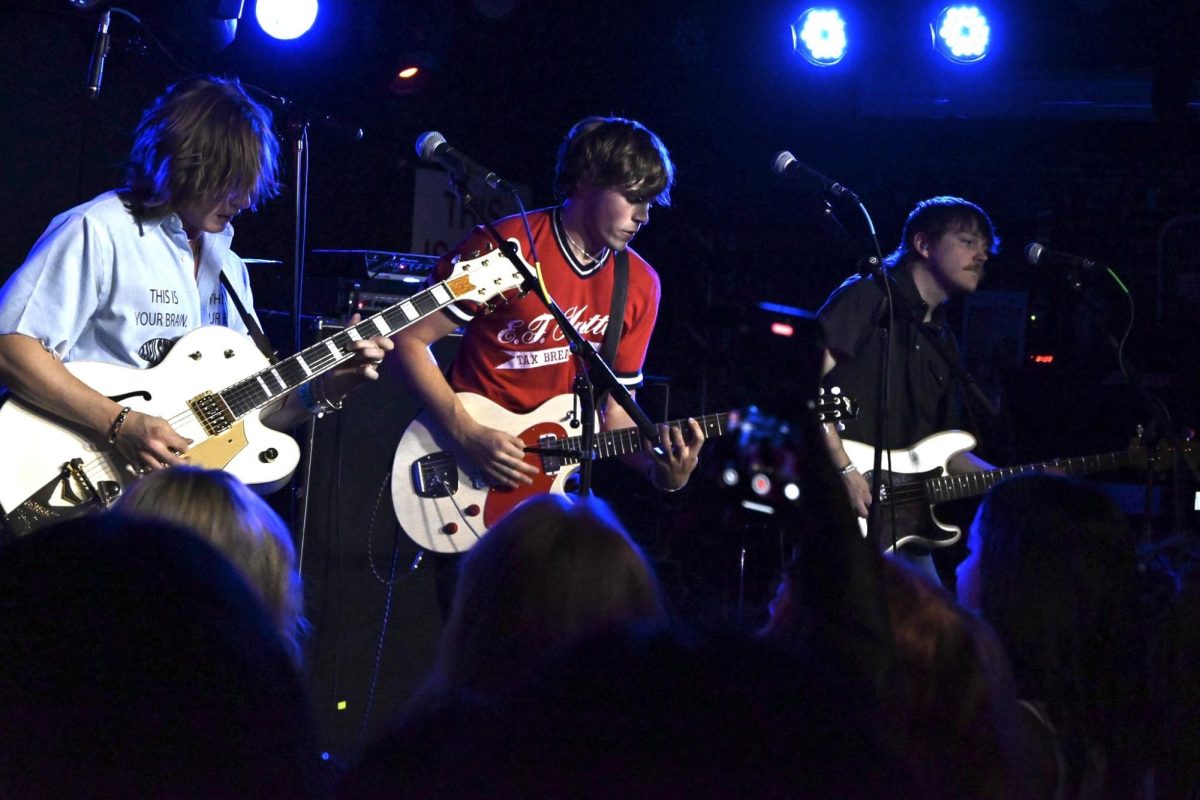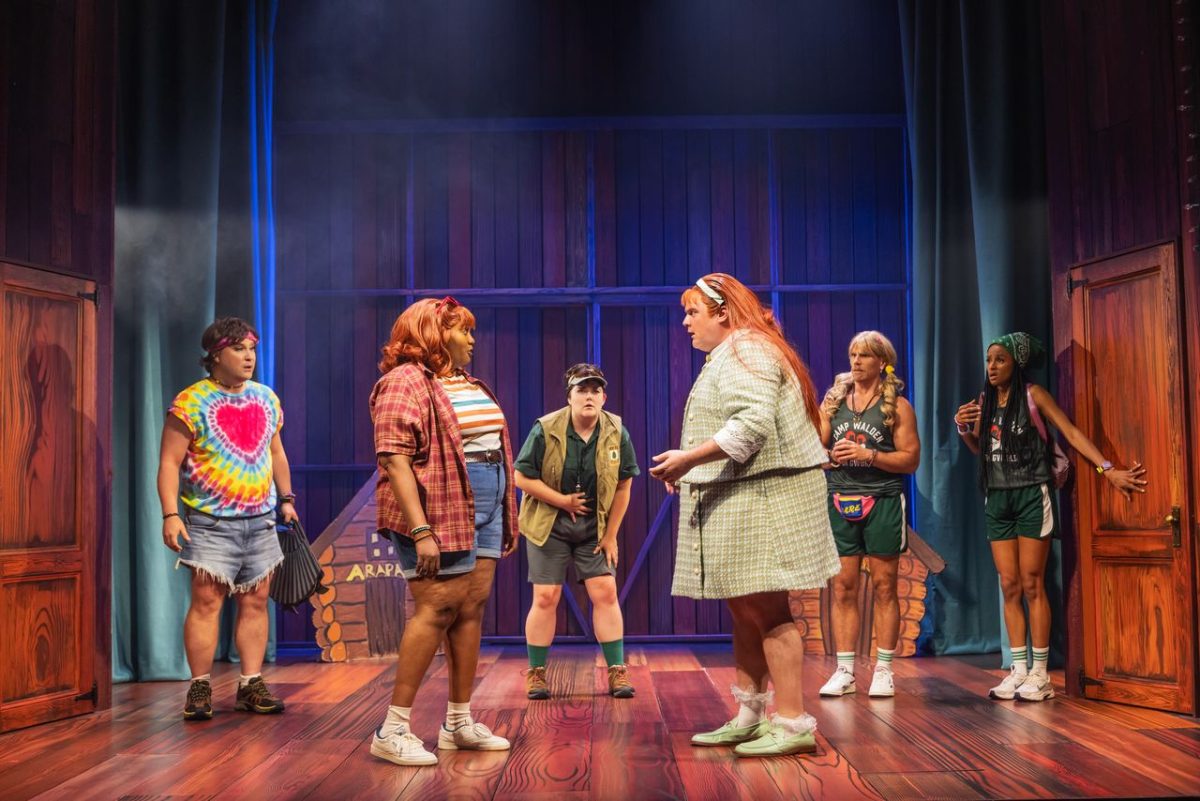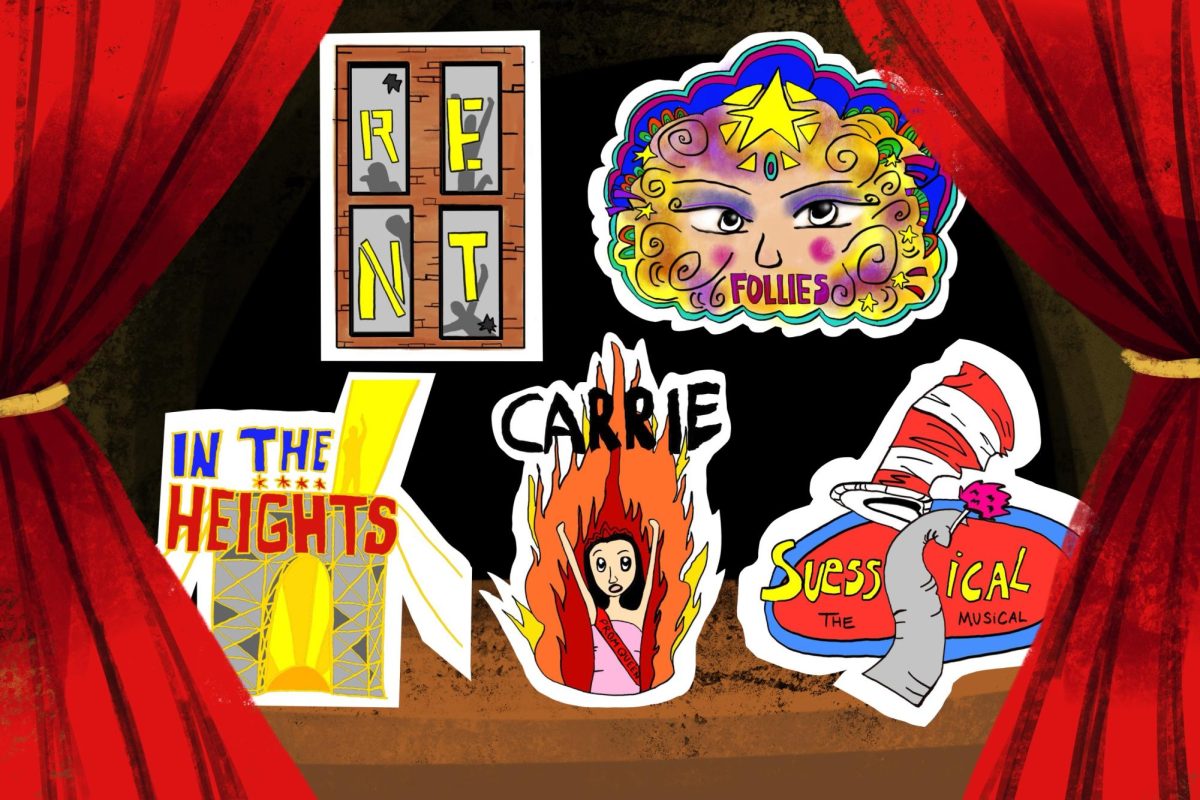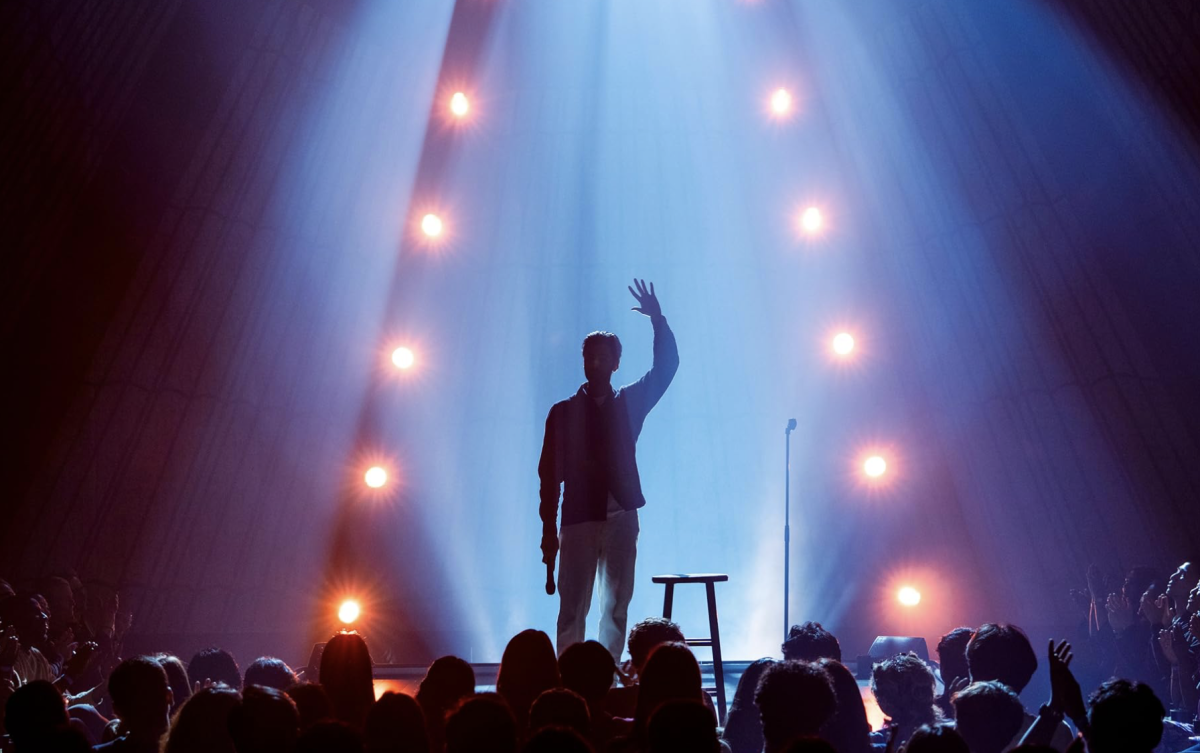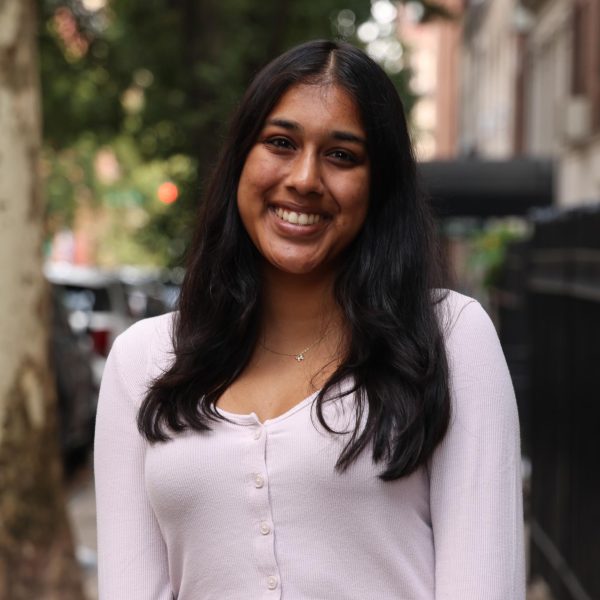I still remember when comedian Hasan Minhaj released his first comedy special, “Homecoming King,” in 2017. I watched it with my family in our living room, and it was the first time I ever saw my identity represented in comedy. I was 13 years old, hearing him retell stories about the trials of navigating high school, relationships and family dynamics that almost perfectly mirrored my life experiences as an Indian American teenager.
From that point on, I was an avid follower of his work. Minhaj is a comedian, actor and producer who focuses his work on satirizing his Indian background and the American and global political landscapes. I kept up with his weekly comedy series, “Patriot Act,” and saw his second special, “The King’s Jester,” live in San Francisco. As the daughter of two immigrants, Minhaj’s work has always been refreshing — especially in an age where we are no stranger to reductive, often stereotypical representations of South Asians in popular media.
So when Minhaj announced his third comedy special, “Off With His Head,” would be premiering on Netflix on Oct. 22, I was first in line to watch. The special was filmed in San Jose, California — coincidentally, the place where I was born.
Minhaj welcomed the Bay-Area audience with a short bit about the housing crisis in the region, commenting on the irony between the area’s liberal politics and stark income inequality.
“You’re not as progressive as you think you are, Bay Area,” Minhaj said. “In this room right now, there’s a guy who owns three homes — and he’s sitting directly next to a dude who only owns three hoodies.”
Minhaj is known for interacting with the audience and personalizing his sets to the city he is in, and this joke also highlights Minhaj’s iconic comedy style of blending humor with relevant social commentary. He continued to connect with the audience as he pointed to an audience member in the front row after quipping about how much more expensive the seats in that area were.
“You definitely drive a Tesla,” Minhaj said. “I can see it.”
This introduction established an amusing sense of rapport with the crowd that carried through the rest of the special. Minhaj then shifted his social commentary to race relations, particularly between Asian American populations in the United States.
“You can’t stop Asian hate because Asians all hate each other,” Minhaj said. “Here’s a dirty little secret: White people, you’re not even the best at racism.”
Minhaj’s humor, though controversial, provides a self-critical lens into the Asian American community’s own role in perpetuating racism and racial tensions in the country. Minhaj continued on this theme with a quip about how the generational and cultural gaps present in immigrant families often exacerbate inter-minority racism.
“You think Fox News dads are the problem?” Minhaj said. “Try talking race relations with an Indian or Chinese father.”
Exploring immigrant-family dynamics is a central theme across all of Minhaj’s work, and in this special Minhaj hilariously explores their nuances by introducing two fictional cultural domains, “Caucasia” and “Beige-istan.” Caucasia represents the conventional, white-centric American experience, while Beige-istan encompasses the population of immigrant families in the United States — from countries in South Asia, the Middle East and other stereotypically “brown” regions.
The dichotomy that Minhaj presents is effective in its delivery. After defining Caucasia as the “Ritz-cracker, capital-A American” experience where people “love [their] boundaries,” he recounts all the times throughout his childhood that his parents would excessively scold him every time he locked his bedroom door — highlighting the stark difference between Caucasia and Beige-istan. Underneath his humor, however, is a more somber theme that Minhaj explores: third-culture guilt — or as the comedian calls it, “beige guilt.”
“We have to figure out, what’s an heirloom that we take from our past and pass on, and what is some baggage we got to leave at Goodwill?” Minhaj said. “That’s our biggest challenge, right? How do we break generational trauma?”
As a child of immigrants myself, these questions resonate all too deeply. On one hand, I have grown to be immensely proud of my heritage — I want my future children to grow up hearing Hindi music, learning about Rajasthani culture and celebrating festivals like Diwali and Raksha Bandhan. On the other hand, I remember growing up and often feeling disenchanted with Indian culture, wishing I was “more American” and had a more conventional relationship with my parents like my white friends did.
Minhaj succinctly describes how immigrant children are constantly treading water that pulls us in two directions: How do we decide what parts of our cultural upbringing get left behind and what parts get carried forward? Do we — the middle generation — have the overwhelming responsibility to ensure the perfect balance of both?
I am not hopeful that we’ll find answers to these questions anytime soon, but watching Minhaj’s special did make me certain of one thing: Solace can be found in gratitude. The remedy for third-culture guilt is not to look back on our childhoods with shame and regret, but rather to be thankful for the fact that we have so much of our lives left to find joy in our cultural identities.
“Our parents, they fucked us up,” Minhaj said. “But at the same time, there’s a lot of beautiful heirlooms that our parents gave us in Beige-istan that we took for granted.”
Contact Anjali Mehta at [email protected].

